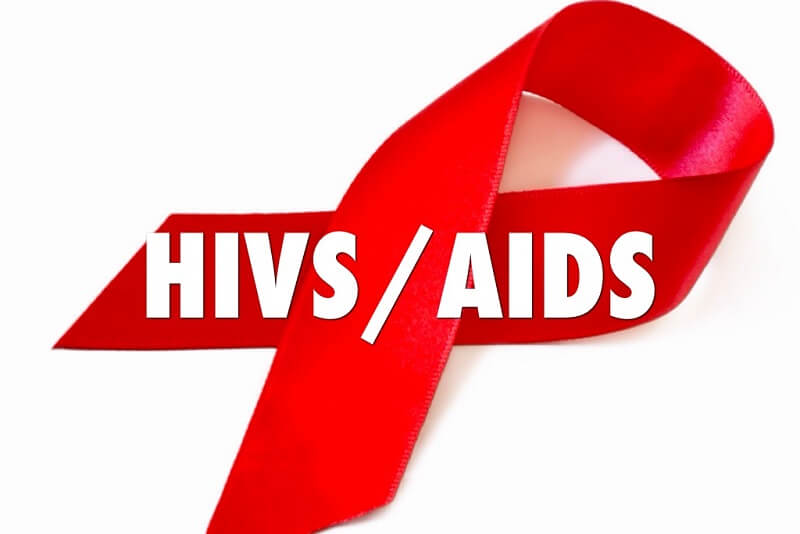The U.S Agency for International Development (USAID) has partnered with Nigerian Government to give support for more than 300,000 orphans and vulnerable children in three states in other to mitigate the impact of HIV/AIDS among most vulnerable Nigerians.
The three states are Lagos, Rivers and Akwa-Ibom states respectively.
Advertisement
According to a statement signed by USAID in Abuja, said since 2014, Local Partners for Orphans and Vulnerable Children activity (LOPIN 1) has reached over 260,000 children and more than 50,000 caregivers, providing integrated services in the areas of health, education, nutrition, psychosocial support, protection, shelter and household economic strengthening in those states.
The statement added that the 2018 National AIDS and HIV Indicator and Impact Survey, however rates HIV in the region fell from 3.4 percent to 1.4 percent in the last five years, adding that more children have now been linked to lifesaving anti-retroviral therapy in helping move Nigeria closer to the United Nations’ goals for HIV/AIDS control.
Political and Economic Analyst at the U.S. Consulate in Lagos, Ms. Olivette Smith, said at the ceremony, “In a country like Nigeria, young people are the future.
“By helping this vulnerable cohort of the country’s youth population get access to health care and education and boost its economic resilience, the U.S. government through USAID is helping Nigeria meeting its commitment to ensure the next generation is ready.
Advertisement
“The United States and the Government of Nigeria agree that no child should die of the disease. Through USAID, the United States will continue to work with local partners and support the efforts of the Nigerian government to ensure that all children live a healthy and productive life.”
It noted that network of indigenous non-governmental organizations led by the Association for Reproductive Health (AFRH), LOPIN 1 helped build the capacity of those NGOs to better address the needs of orphans and vulnerable children.
According to the agency, private sector would be engaged to enhance sustainability and access, introducing innovations such as conditional cash transfers, household economic strengthening, community-based health insurance, and village-level savings and loan programs.
It added that the aim of the agency was to shift away from the usual approach to support these populations by instead implementing a more inclusive and sustainable family- and community-centered strategy in-line with Nigeria’s National Priority Agenda.



